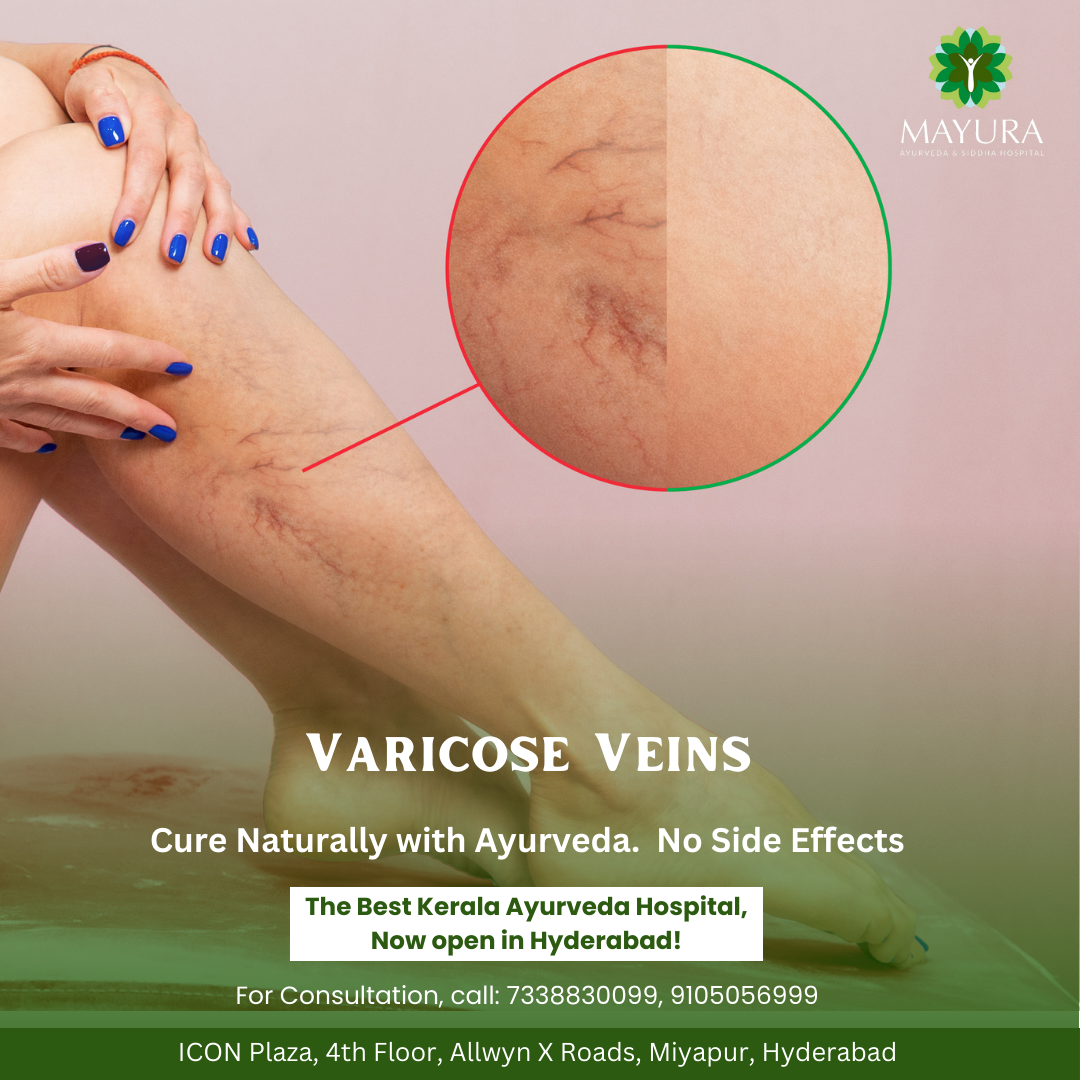Varicose veins, characterized by swollen, twisted veins often visible beneath the skin’s surface, can be a source of discomfort and embarrassment for many. While conventional treatments like surgery and compression stockings exist, Ayurveda presents a holistic alternative rooted in natural remedies and lifestyle adjustments.
Ayurveda, an ancient Indian system of medicine, views varicose veins as a result of impaired circulation and aggravated doshas, particularly vata and kapha. By addressing the underlying imbalance, Ayurvedic treatments aim to alleviate symptoms and prevent further progression.
One of the primary Ayurvedic approaches involves herbal remedies. Herbs like horse chestnut, gotu kola, and triphala are known for their ability to strengthen veins, improve blood flow, and reduce inflammation. These herbs can be consumed internally or applied topically as oils or ointments.
In addition to herbal remedies, Ayurveda emphasizes lifestyle modifications to support vein health. Regular exercise, especially activities like yoga and walking, promotes circulation and helps prevent blood from pooling in the veins. Avoiding prolonged sitting or standing, maintaining a healthy weight, and elevating the legs when resting are also recommended.
Diet plays a crucial role in Ayurvedic treatment for varicose veins. Consuming foods that pacify aggravated doshas and support circulation, such as fresh fruits, vegetables, whole grains, and legumes, is beneficial. Spices like turmeric, ginger, and cayenne pepper are known for their anti-inflammatory and circulatory-stimulating properties.
Furthermore, Ayurveda emphasizes the importance of managing stress, as chronic stress can exacerbate vein-related issues. Practices like meditation, deep breathing exercises, and abhyanga (self-massage with warm oil) help calm the nervous system and promote relaxation, which in turn supports overall vein health.
By adopting Ayurvedic principles and incorporating natural remedies into daily life, individuals with varicose veins can experience relief from symptoms and improve their vascular health. However, it’s essential to consult with a qualified Ayurvedic practitioner before starting any new treatment regimen, especially if you have underlying health conditions or are taking medications.
















